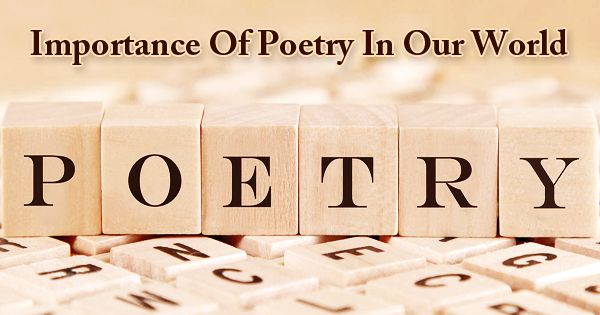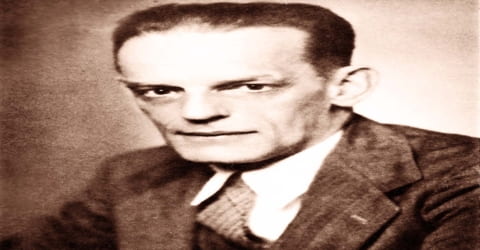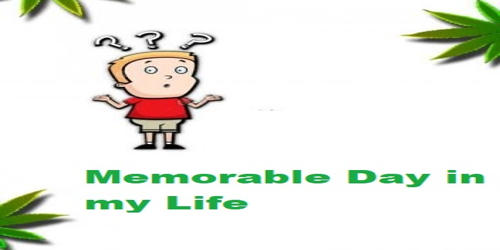Poetry is a genre of literature in which abstraction and the beauty of words are often celebrated. It’s so important because it makes us understand the world around us and enjoy it. The power of poetry lies in its ability to shine a light on the world “sideways,” such that the truth sneaks upon us. No doubt about this. We are taught by poetry on how to live. Words are strung together in poetry to shape sounds, pictures, and concepts that may be too complex or abstract to explicitly explain. Poetry is like the Windex on a grubby car window that bares open human beings’ flaws so that we can all relate a little more to each other. With the Epic of Gilgamesh, written poetry is thought to have originated around 2000 BCE, although poetry possibly predates literacy. While today’s poetry has evolved in form and function, through the power of imagery and metaphor, the core of its intent can still be found in the ability of poets to discuss the human condition. Poetry has been an overarching source of relief for many of the existential dilemmas of mankind, exhuming thoughts from within. Poetry can give us a way to empathize with one another if we let it and accept it. Poetry, in its immediacy, is a counselor who allows us to understand each other. Leading us away from hate to love, from abuse to justice and compassion. Writing poetry makes it possible for minds to think, visualize, and wonder; whether it involves telling daily experiences or just making comical verses. There is no limit on what ‘about’ a poem can be. While novels and short stories are often regarded as methods of contemplation as well, poetry is quite different. In poetry, there is more room for interpretation.
“Poetry lifts the veil from the hidden beauty of the world, and makes familiar objects be as if they were not familiar.” (Percy Bysshe Shelley)
To better explain the perspective of many, poetry may push boundaries or employ personal experience. It sheds light on the beautiful and the ugly and seeks to consider the role of both. Poetry was once written according to fairly strict meter and rhyme laws, and each community had rules of its own. Poetry has been given its own holiday for these reasons and several others. UNESCO proclaimed “World Poetry Day” in November 1999, to be celebrated each year on March 21. The organization acknowledged the essential role of poetry in the arts and in cultures around the world and over time. Poetry is possibly the oldest type of literature, and the origin of writing itself is probably predated by it. Poems, mainly epic poems telling the tales of ancient myths, are the oldest written manuscripts we have. The writing method of poetry varies constantly and depending on the poet, the significance it holds can be completely different. The greater good is reading and writing poetry; the advantages of which are the restoration and forging of a world more connected and loving. Many claim that poetry is a language in itself, which it is to some degree; a simple verse may involve the senses, emotions, and imagination of the reader. Poems include a moment to pause and reflect about what might be a rare yet treasured phenomenon in the modern world. Reading poetry can alter the way a person sees the world and how they appear to be themselves. World Poetry Day is an opportunity to expose children and students to poetry in classrooms. It is a time when poetry-related classrooms are busy with lessons in which students study poets and learn about various forms of poetry. At book shops, cafes, colleges, and schools, poets can be invited to read and share their work with audiences.












